Tips for Maintaining Commercial Tires This Winter
During the winter driving season, traction in snow, ice and slushy road conditions are always a concern.
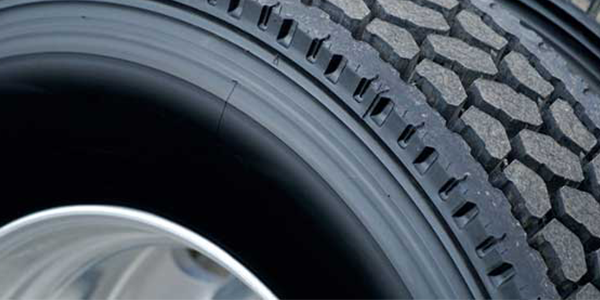
Updating Dealers on CSA Tire Violations
Tires play a major role when it comes to Federal Motor Carrier Safety Administration’s Compliance, Safety and Accountability (CSA) program. The two fleet Safety Management System for CSA categories are: 1) vehicle maintenance and 2) hazardous material compliance. Tires fall under the vehicle maintenance category. Violations associated with tires receive either a three- or eight-point penalty.
What’s New With Super Wide Tires?
One tire replacing two tires has many budget benefits for a truck fleet, including improved fuel economy, weight savings and improved brake cooling, not to mention the elimination of dual tire matching concerns and, of course, reduced tire and wheel inventory. Drivers consistently report that they like the way the tires feel on the road,
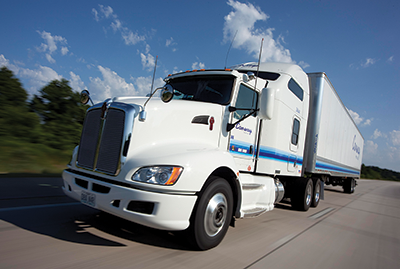
Evaluating New Tire Options
It is important for tire dealers to understand that trucking fleets are in the business of hauling freight. Trucking fleets rely largely on their local tire dealer to assist in optimizing their tire program. It is not always easy to convince fleets to evaluate a new tire brand and model because of the complexities involved
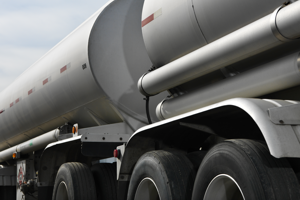
Keeping Trucking Tires Green
SmartWay, as you know, is a voluntary EPA program that was rolled out in 2004 to promote reducing greenhouse gas emissions by commercial vehicles – primarily by improving fuel economy – using an array of means impacting tractors, trailers, engines, aerodynamics, brakes and, of course, tires. CARB refers to the California Air Resources Board, which
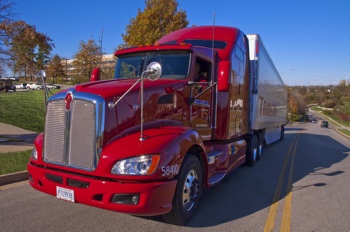
Just Give ‘Em the Facts
Commercial truck tires continue to be the No. 1 maintenance cost behind fuel for trucking fleets. Tires can make or break a company. Spec’ing new tires on all 18-wheel positions for a typical linehaul tractor-trailer can easily cost a fleet $7,000 or more. Even when retreads are run on drive and trailer positions, the costs
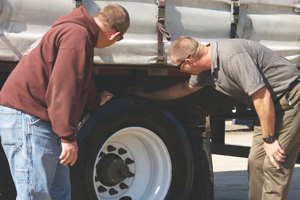
Breaking Down Total Tire Cost
Commercial fleets measure the success of their tire program primarily through the cost/mile metric. One might think that the cost/mile metric would be a simple calculation, but it is quite a complex process that requires a thorough understanding of all the pieces and parts. The process begins with the purchase of a new tire. The
New Year Fleet Resolutions
Tires continue to be a large cost and concern for commercial trucking fleets in 2014.
Interact, Review, Improve
It’s the best time to look back, review tire performance, and make recommendations for 2014.
Understanding Retreads
With more than 85% of commercial fleets retreading their truck tires multiple times and a typical retread costing approximately one-third to one-half the price of a new tire when you supply your own casing, it is obviously in a fleet’s best bottom line interest to maximize the number of retreads for each and every tire
Truck Tires: Rules & Regulations
Wealth of government regs impact truck tires, but can dealers help meet requirements?
Why Do Tires Lose Air?
Maintaining proper tire inflation pressure is a goal for every fleet manager. When the proper air pressure is correctly set, tire removal miles, fuel economy and retreadability all are maximized. Air carries and supports vehicle loads; in a perfect world, depending on the specific load, the inflation pressure should be set accordingly. If a loaded
